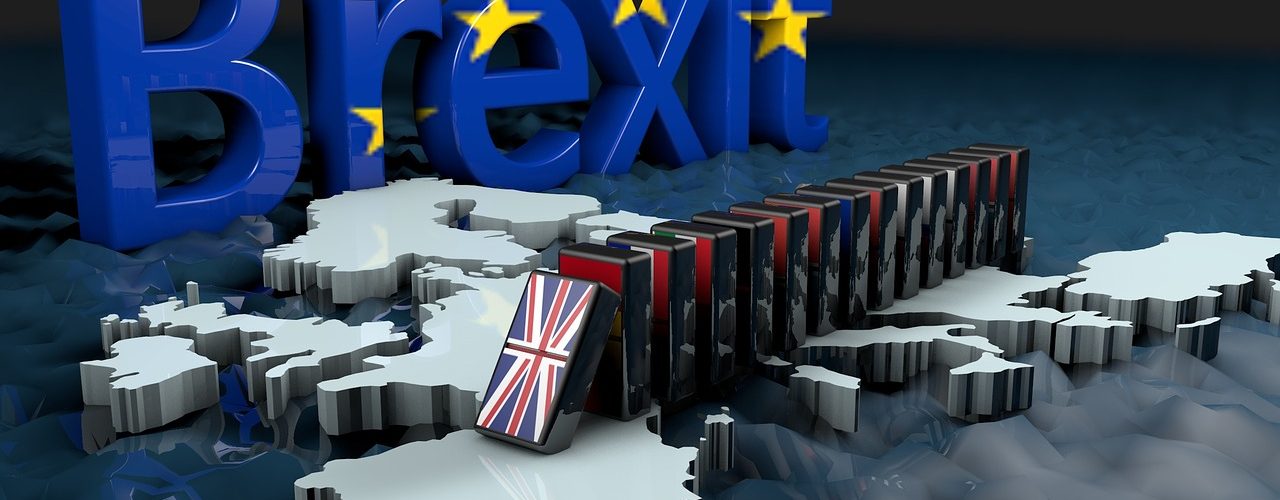Source Sovos
Latest Posts in "United Kingdom"
- UK to Mandate E-Invoicing for VAT by 2029: Gradual Rollout Planned
- TUC Leader Urges Closer EU Ties, Including Customs Union, to Boost UK Economy and Living Standards
- Navigating Cross-Border VAT: Compliance Essentials for Gibraltar’s Digital Economy and B2B/B2C Risks
- UK Supreme Court Rules on VAT Deductibility for Professional Fees in Share Sale Transactions
- UK Tribunal Rules Personalized Book Services VAT-Exempt as Primary Supply is Book Production














